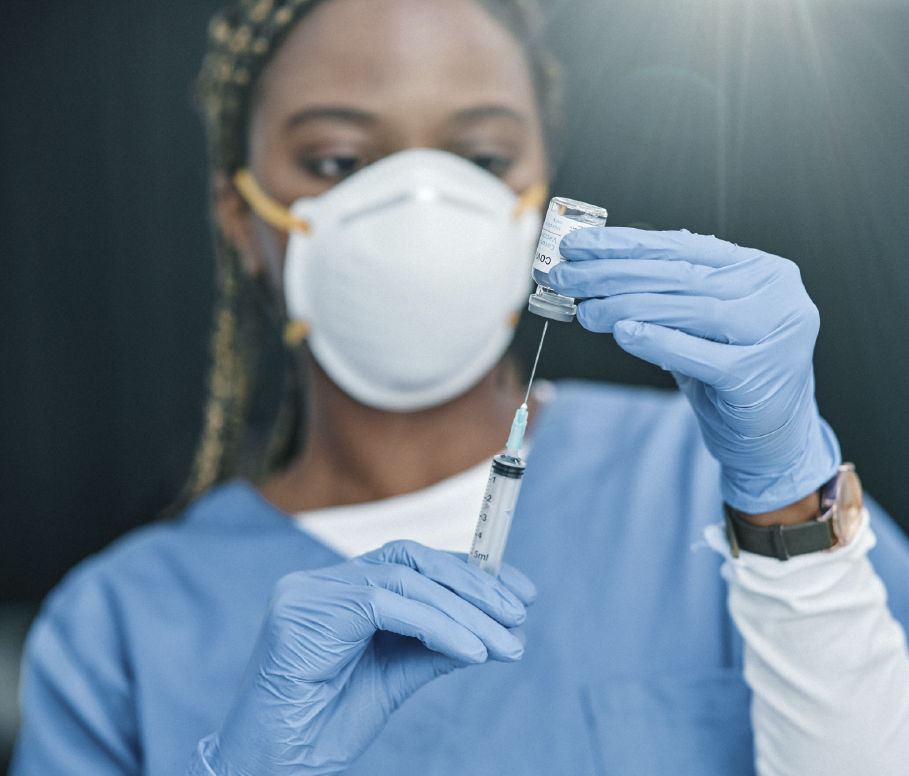World Trade Organization (WTO) member states are considering waiving certain intellectual property (IP) rights on COVID-19 treatments, following a harmful and unnecessary decision to do the same for COVID-19 vaccines (referred to as the TRIPS waiver). We have, and have had, an excess supply of vaccines, with even GAVI’s CEO stating that “COVAX has access to enough supply to enable countries to meet their national vaccination targets” in May 2022. Current supply of COVID-19 treatments, too, significantly exceeds demand for all variants. Extending the TRIPS waiver to treatments would prove equally futile, as with vaccines, and serve only to hamper innovation. Instead, we need to address the real barriers to treatment access, which center around last-mile distribution and administration.
Like COVID-19 vaccine distribution, there have been significant challenges related to COVID-19 treatment distribution. Low- and middle-income countries (LMICs) face particular difficulties with infrastructure such as cold chain storage, which treatments like monoclonal antibodies require to ensure integrity. For example, Nigeria has struggled to overcome numerous hurdles, including an “inability to maintain optimum vaccine temperatures in delivery vehicles” and a lack of stable power supply. In Cameroon, there is “just one refrigerated truck suitable for transporting vaccines;” they need at least 2,500 more temperature gauges and more trucks, according to the country’s UNICEF health section head. Overall, LMICs have struggled to administer 60% of delivered COVID-19 vaccine doses, and these issues now pose the same problem for treatments.
Another significant challenge to improving uptake of COVID-19 treatments is the administration of the therapies themselves. Preferred treatments need to be started within just five to seven days after symptom onset, which can be a very tight window to recognize symptoms, get tested, and receive a prescription. This issue is compounded in both LMICs and within low-income communities in wealthier countries, as they face reduced access to healthcare. In Sierra Leone, a country where over 56% of the population lives on less that $1.25 a day, the average round trip to a vaccination center for those in a rural community costs $12 and takes 3 hours.
Proponents claim the TRIPS waiver will expand access to COVID-19 vaccines and treatments, but, in reality, it would not address the real issues at play. IP has enabled the rapid development and deployment of life-saving therapeutics and is the foundation for more than 140 voluntary global collaborations. To address systemic barriers to access, global leaders need to focus their efforts on improving last-mile distribution and administration, rather than unfairly targeting IP rights.
“To address systemic barriers to access, global leaders need to focus their efforts on improving last-mile distribution and administration rather than targeting IP rights.”


